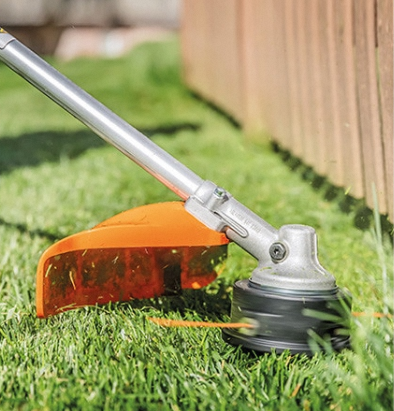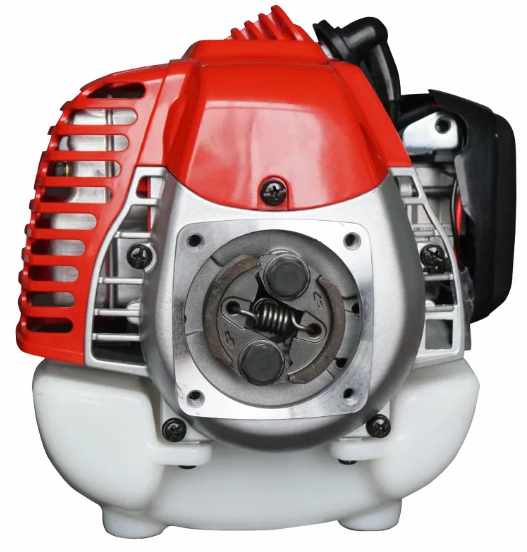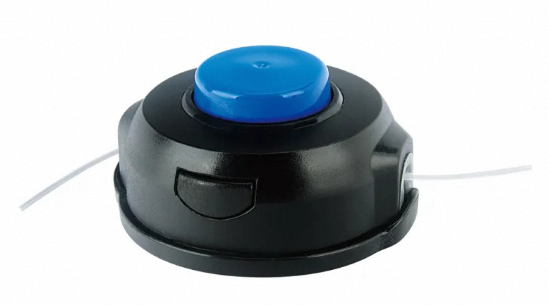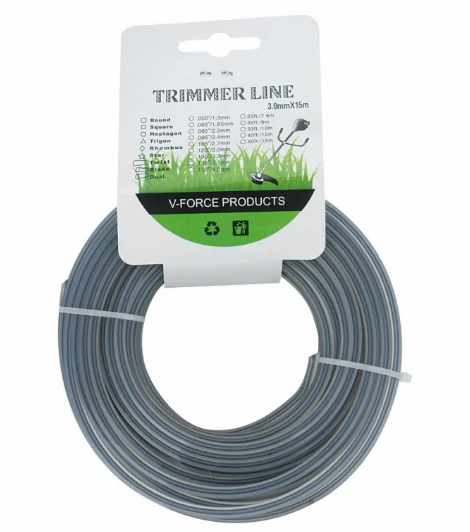The key differences between brush cutters and grass trimmers are:
- Cutting mechanism:
- Brush cutters use sharp metal blades to provide powerful, efficient cuts through thick vegetation.
- Grass trimmers use a rotating nylon cord to trim grass and light vegetation.
- Power and cutting ability:
- Brush cutters are more powerful and can handle dense, fibrous weeds, small trees, and heavy undergrowth that a grass trimmer would struggle with.
- Grass trimmers are better suited for lighter tasks like trimming lawn edges, flower beds, and tight spaces. They have limited cutting capabilities for thick vegetation.
- Versatility:
- Brush cutters are more versatile, with the ability to use a variety of interchangeable attachments like hedge trimmers, pole saws, and cultivators.
- Grass trimmers are more specialized for lawn maintenance and edging tasks.
- Weight and maneuverability:
- Grass trimmers are generally lighter and more maneuverable, making them easier to use in tight spaces.
- Brush cutters are heavier duty and less maneuverable, but provide more cutting power.
In summary, brush cutters are the better choice for clearing dense, overgrown vegetation, while grass trimmers excel at precision trimming and edging of lawns and gardens. The choice depends on the specific needs of the outdoor space and the type of work required.




The trimmer head is responsible for feeding out and spinning the nylon trimmer line or cord to cut grass, weeds, and light vegetation.Trimmer heads are designed to be compatible with specific trimmer models and brands. Choosing the right head for your trimmer is important for proper fit and performance.
Trimmer line is typically made from a blend of polymers, often including nylon, to provide durability, flexibility, and abrasion resistance. Over time, trimmer line will wear down and need to be replaced. Proper maintenance like cleaning and lubrication can extend its lifespan.


 English
English German
German French
French Russian
Russian Spanish
Spanish Japanese
Japanese Korean
Korean Portuguese
Portuguese Ukrainian
Ukrainian Arabic
Arabic Italian
Italian


